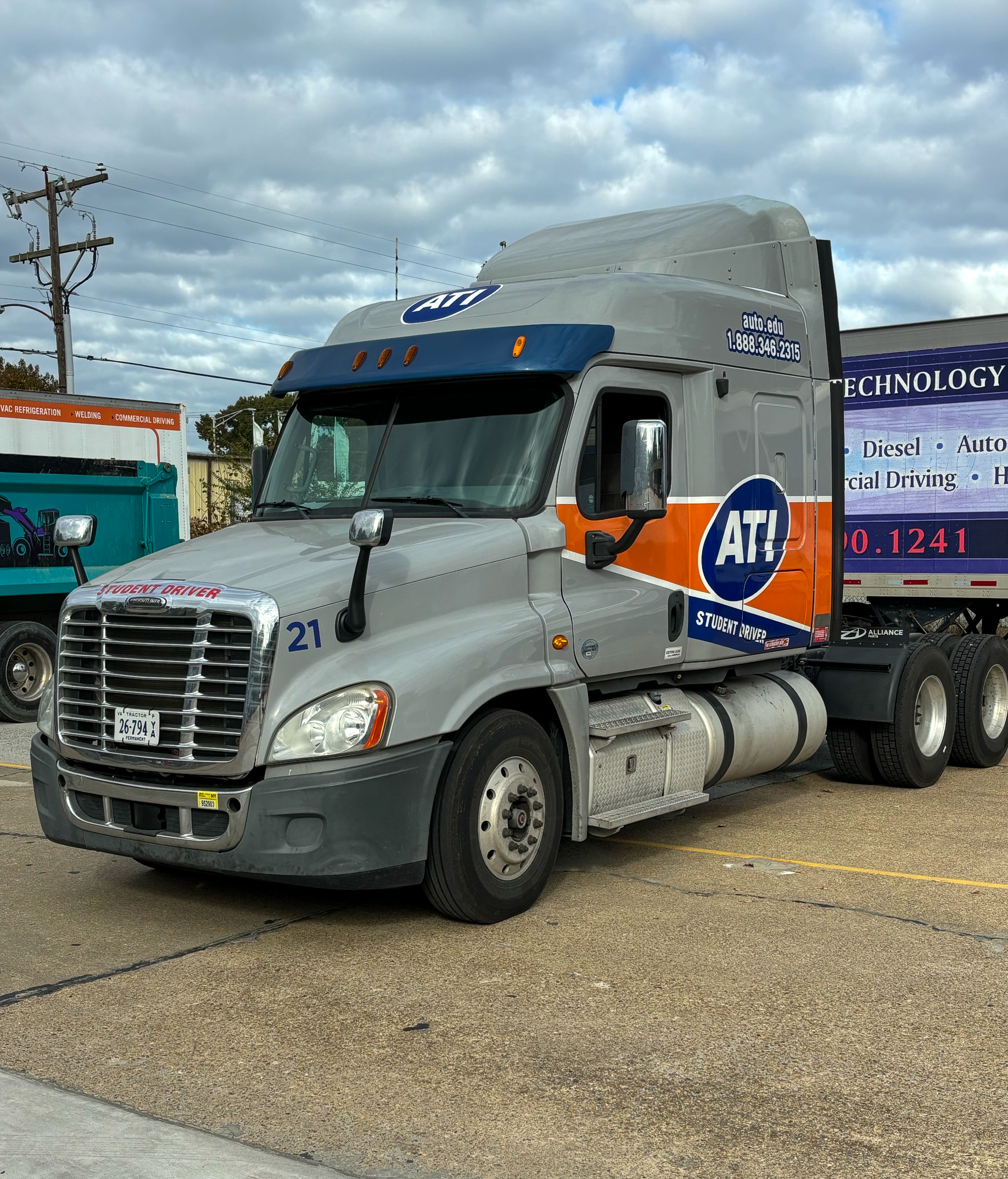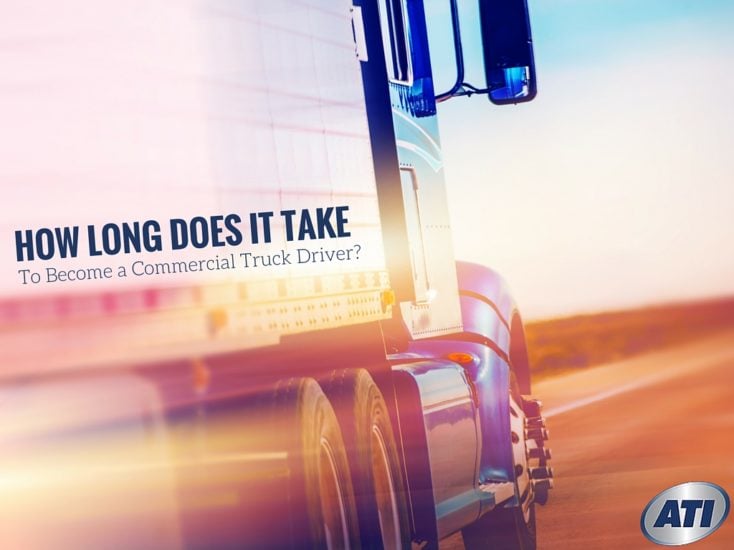Is Truck Driving School Hard? How Can I Make the Most of It?

If you’ve been thinking about enrolling in truck driving school, you’re probably wondering if you can cut it. What is it like, going back to school after you’ve perhaps been out of the classroom for a long time? Will you be able to study and remember all you need to know when you’re tested? What’s it like trying to learn how to drive one of the big rigs?
The good news is that all kinds of people successfully navigate truck driving school every year. For most, truck driving school consists of classroom instruction in safety, rules of the road, and operating a diesel truck, with an eye to obtaining your commercial driver license.
You’ll also likely participate in some rudimentary lessons on how to operate and drive trucks. We won’t say it’s not challenging, but if you work hard and apply yourself, you have a good chance of succeeding.
But let’s have look in depth at some of the things you may encounter when you enroll in truck driving school.
What Happens in Truck Driving School?
Typically, you might enroll in a truck driving course that is eight weeks long. Although the way the curriculum is organized will depend on the school, you might spend some of your credit hours learning vehicle systems and documentation, and then the majority of the credit hours participating in range and road operation. Upon successful completion of the material, you will get a certificate.
At first, you will likely spend most of your hours in the classroom. But even while you’re receiving classroom instruction, you’ll be taken outside to learn how to do pre-trip inspections.
Students also learn how to do logbooks, and may get instruction in a computer lab doing driving simulations
What is it Like to Drive a Truck?
When you’re in a real truck — that is, conventional trucks pulling industry-standard 53-foot trailers — you’ll learn to drive, shift, un-shift, and down-shift. Students practice the basics, getting comfortable with maneuvering the truck in off-highway settings like side streets and parking lots before they get out to drive on the highway. They then progress to more complex driving situations, until they have the competence to pass tests at the end of the course.
You’ll also study the rules that govern you as a driver. You’ll learn about home time, how many hours a day you can drive legally, and other regulations and restrictions. Your instructors will brief you on driver fatigue, weather conditions, safe stopping distance, and many other factors that will make you a safer and better operator of a big rig.
Once you receive your certificate, you will be ready to take your test for your CDL, or Commercial Driver License. With your CDL, you will be ready to seek work with a trucking company. Most trucking companies will likely give you more advanced training before they turn you loose as a full-fledged commercial truck driver.
Will You Fit In?
You’d be amazed at the diversity of people who drive trucks. There are people who didn’t graduate from high school who enroll in commercial truck driving school, and people with master’s degrees who are looking for a different kind of life than they’ve had. Some students’ professions, businesses, or industries have gone through a slump — for instance, many people experience slumps in construction or the fossil fuel industry.
Currently, people in the retail industry are being laid off, and many of them are turning to truck driving as a stable career. After all, as you will note from the number of trucks on the highways these days, there appears to be no downturn in the trucking industry. And the trend just seems to be growing, as more and more goods are shipped on the nation’s highways.
So the good news is commercial driving is a welcoming environment for the newcomer. New drivers are desperately needed, as an older generation of drivers retires.
Why You Need a Truck Driving Course
It’s possible to get hired by a truck driving company and to learn some basics and get your CDL without formal instruction. However, there is so much to know about commercial driving that you’re better prepared for becoming an entry-level driver if you go through a thorough training first. You’ll have the experience of professional drivers as your instructors, who will encourage you to ask questions and offer hands-on instruction.
Attending a truck driving school also helps you network for job opportunities, as well as financial aid to help pay for your enrollment, including scholarship options, student financing, carrier-paid tuition, and military benefits.
Are You Ready for Formal Training?
Enrolling in truck driving school and successfully completing a course of study, leading to obtaining your CDL, could be your next best plan. Contact ATI today and talk to a counselor about enrollment in the commercial driving program.

Industry Knowledge
Welcome to the Advanced Technology Institute's Blog, your resource for industry insights and discussions on technologies shaping the future of automotive, heavy vehicle, hvac, welding, and other related career paths.
Explore how ATI's curriculum and hands-on learning opportunities can propel your career in the tech-driven world.


